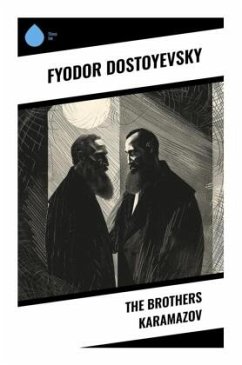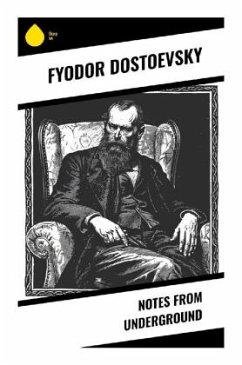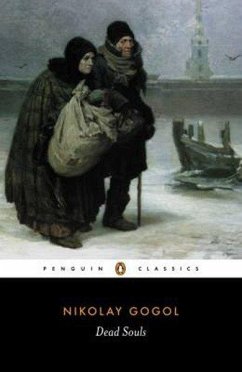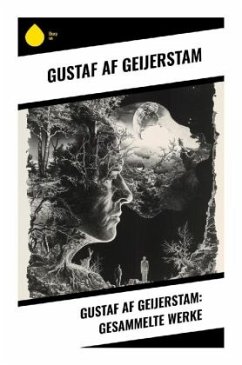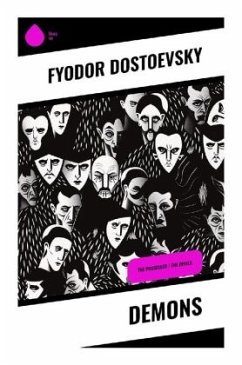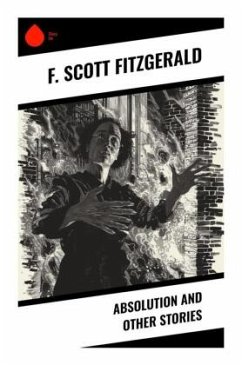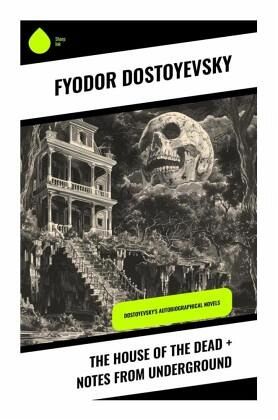
The House of the Dead + Notes from Underground
Dostoyevsky's Autobiographical Novels
Versandkostenfrei!
Versandfertig in 6-10 Tagen
14,80 €
inkl. MwSt.

PAYBACK Punkte
0 °P sammeln!
In "The House of the Dead" and "Notes from Underground," Fyodor Dostoyevsky provides a profound exploration of the human psyche against the backdrop of a brutal reality. "The House of the Dead," inspired by Dostoyevsky's own experiences in a Siberian labor camp, captures the grim realities of prison life, while embedding philosophical musings on freedom, guilt, and the complexity of human experience. In contrast, "Notes from Underground" serves as a precursor to existential literature, presenting the fragmented thoughts of a nameless narrator who wrestles with societal norms and personal alien...
In "The House of the Dead" and "Notes from Underground," Fyodor Dostoyevsky provides a profound exploration of the human psyche against the backdrop of a brutal reality. "The House of the Dead," inspired by Dostoyevsky's own experiences in a Siberian labor camp, captures the grim realities of prison life, while embedding philosophical musings on freedom, guilt, and the complexity of human experience. In contrast, "Notes from Underground" serves as a precursor to existential literature, presenting the fragmented thoughts of a nameless narrator who wrestles with societal norms and personal alienation in a rapidly modernizing Russia. Through his distinctive narrative style, characterized by psychological depth and moral inquiry, Dostoyevsky crafts a compelling discourse on the darker aspects of 19th-century life and existential thought. Fyodor Dostoyevsky, a seminal figure in literature, drew heavily from his tumultuous personal experiences, including his own imprisonment and exposure to poverty. These experiences profoundly influence his work, feeding the themes of alienation, suffering, and redemption that permeate his narratives. Additionally, Dostoyevsky's encounters with various philosophical movements of his time, including nihilism and socialism, shaped his characters and the moral dilemmas they face, offering readers a complex portrait of human nature. This dual collection is essential for readers seeking an in-depth understanding of existentialism and the human condition. Both works resonate with timeless themes of confinement, rebellion, and the quest for meaning, making them indispensable reading for anyone interested in the philosophical underpinnings of modern literature. Dostoyevsky's deft handling of complex moral questions creates a meditative experience, inviting readers to reflect on their own lives within the constraints of societal expectations.





